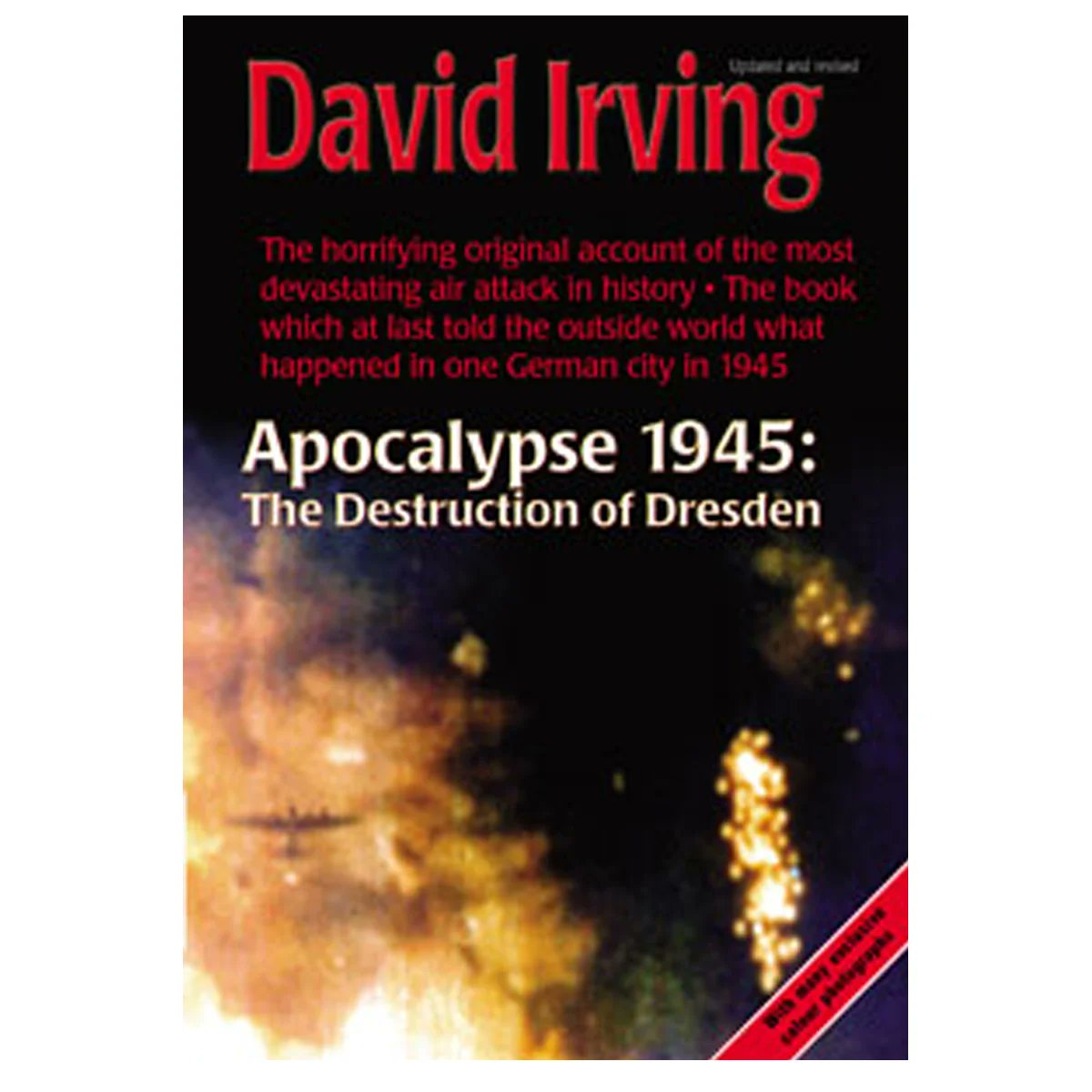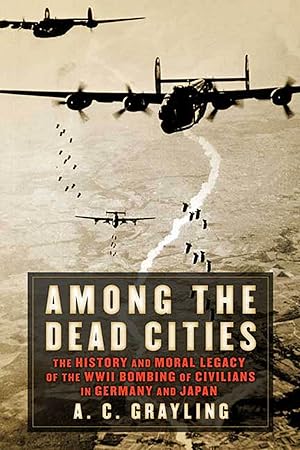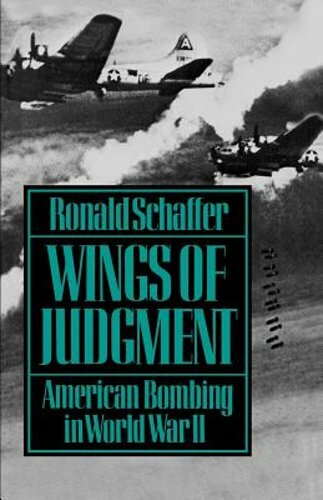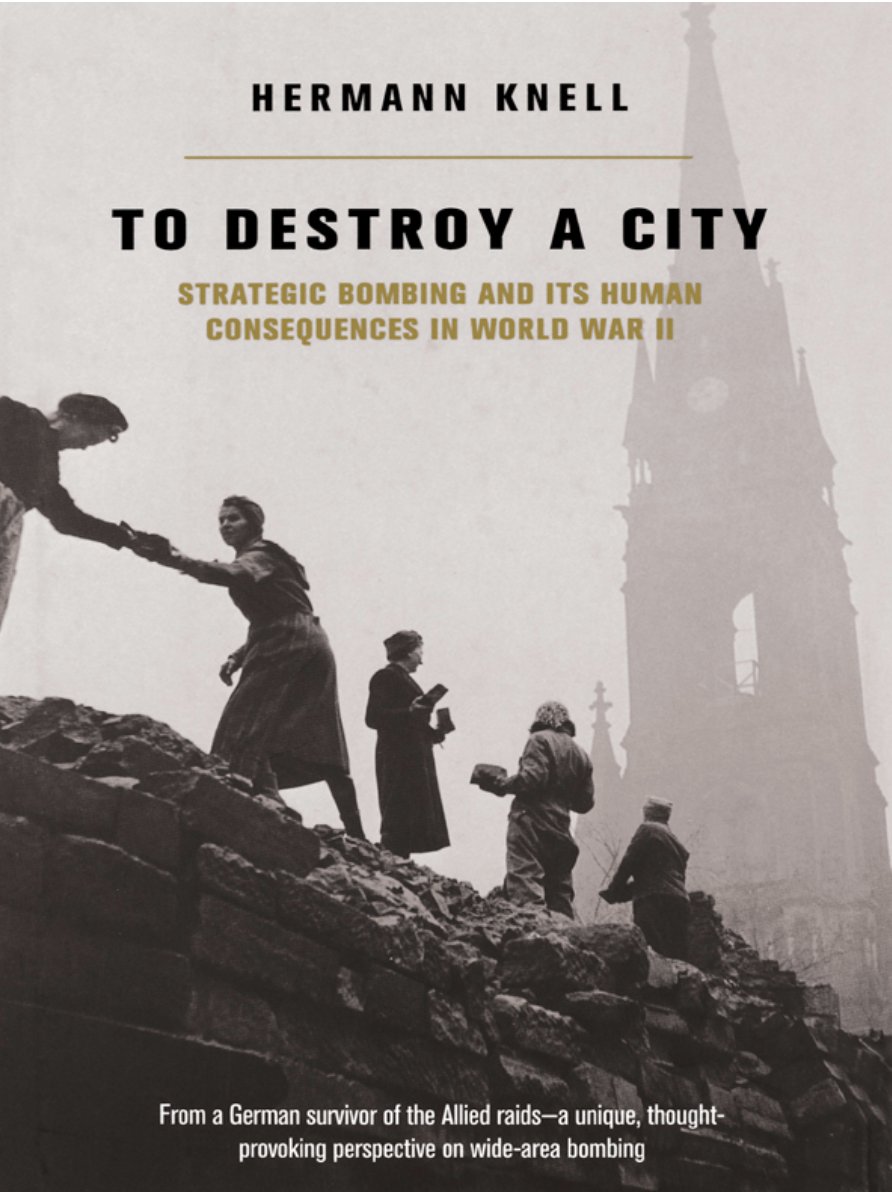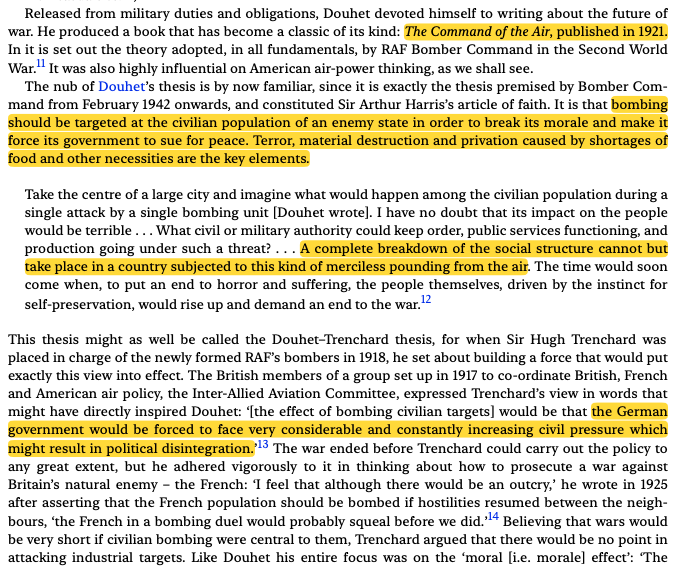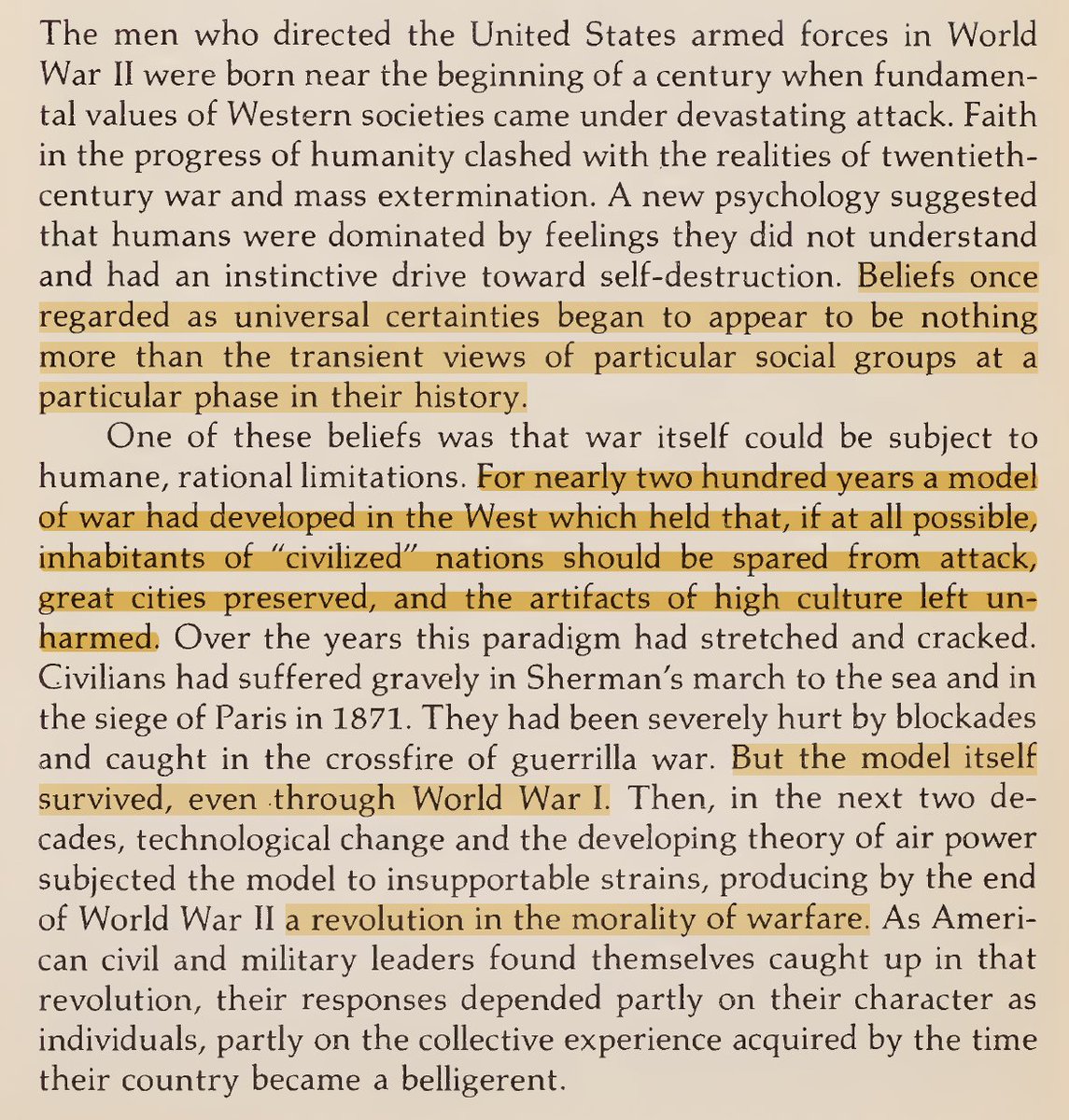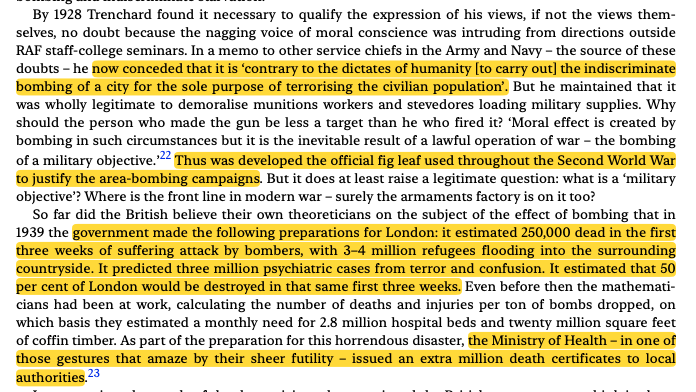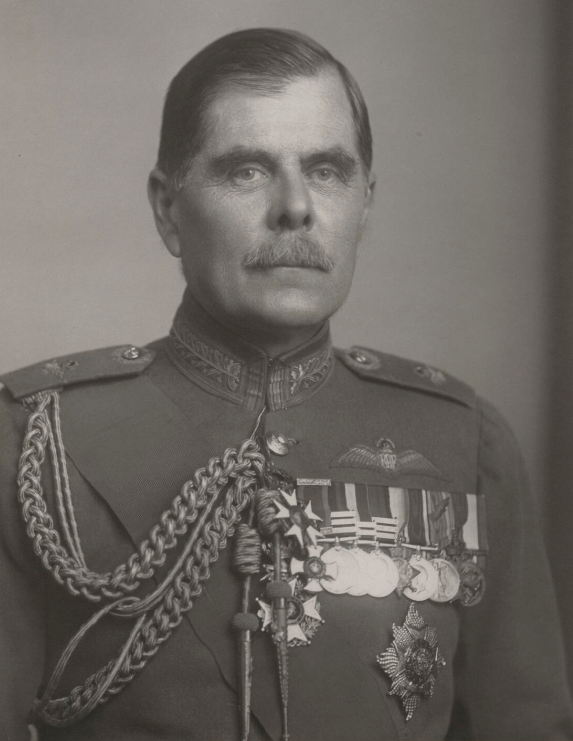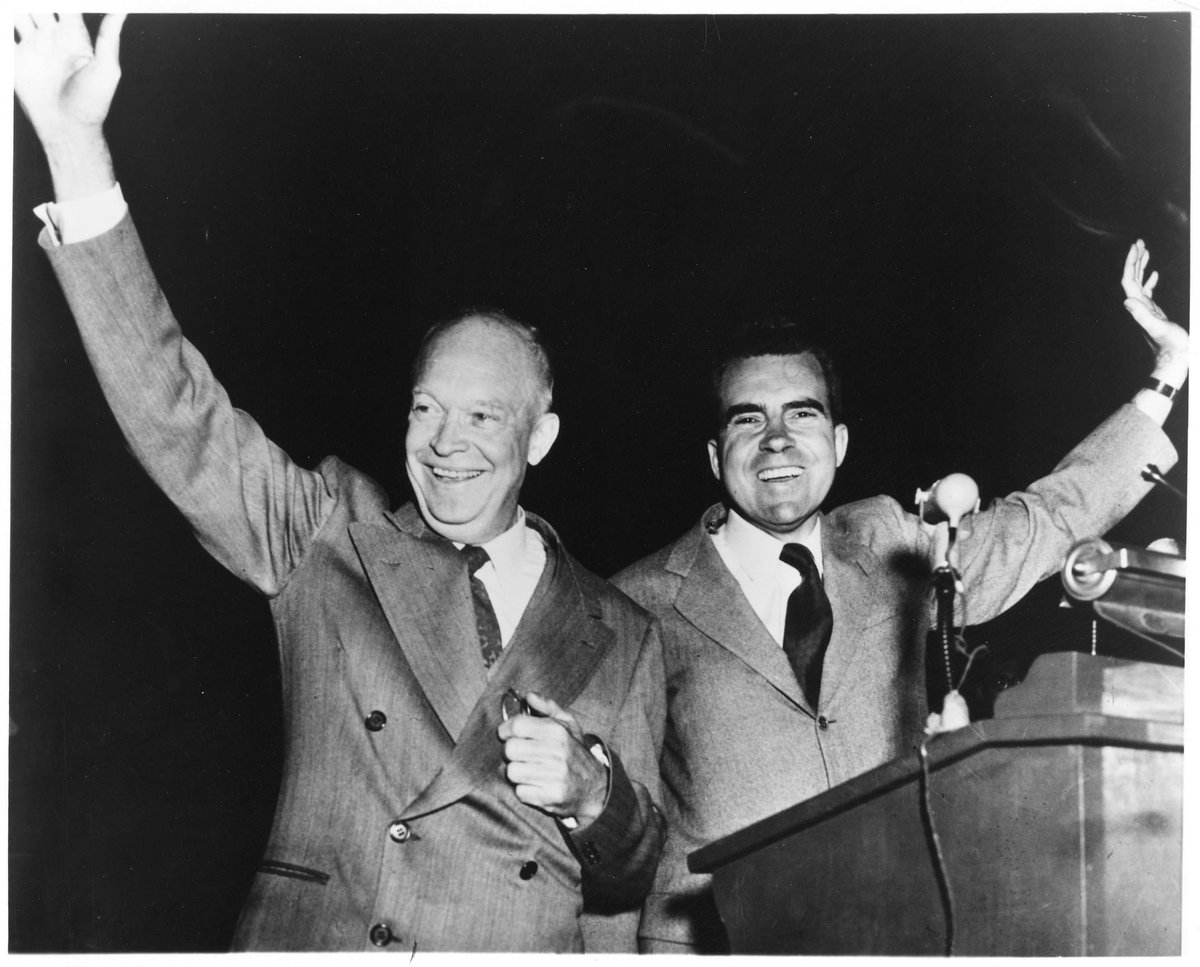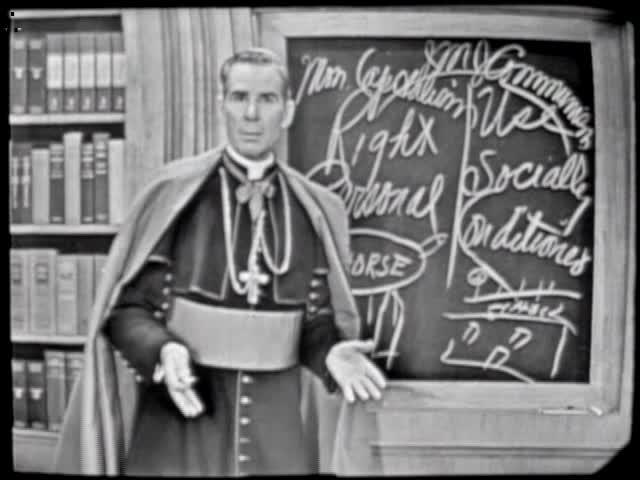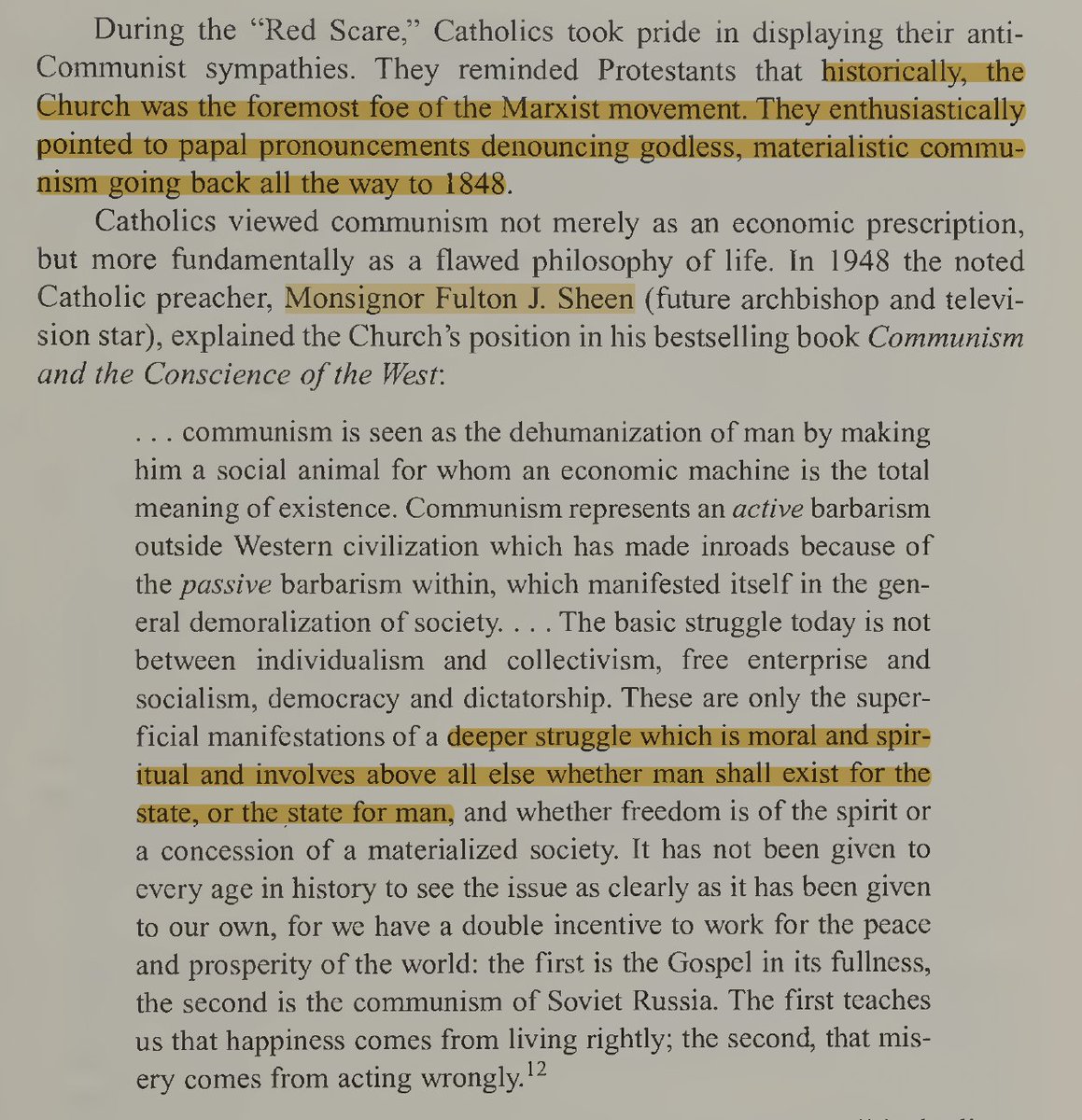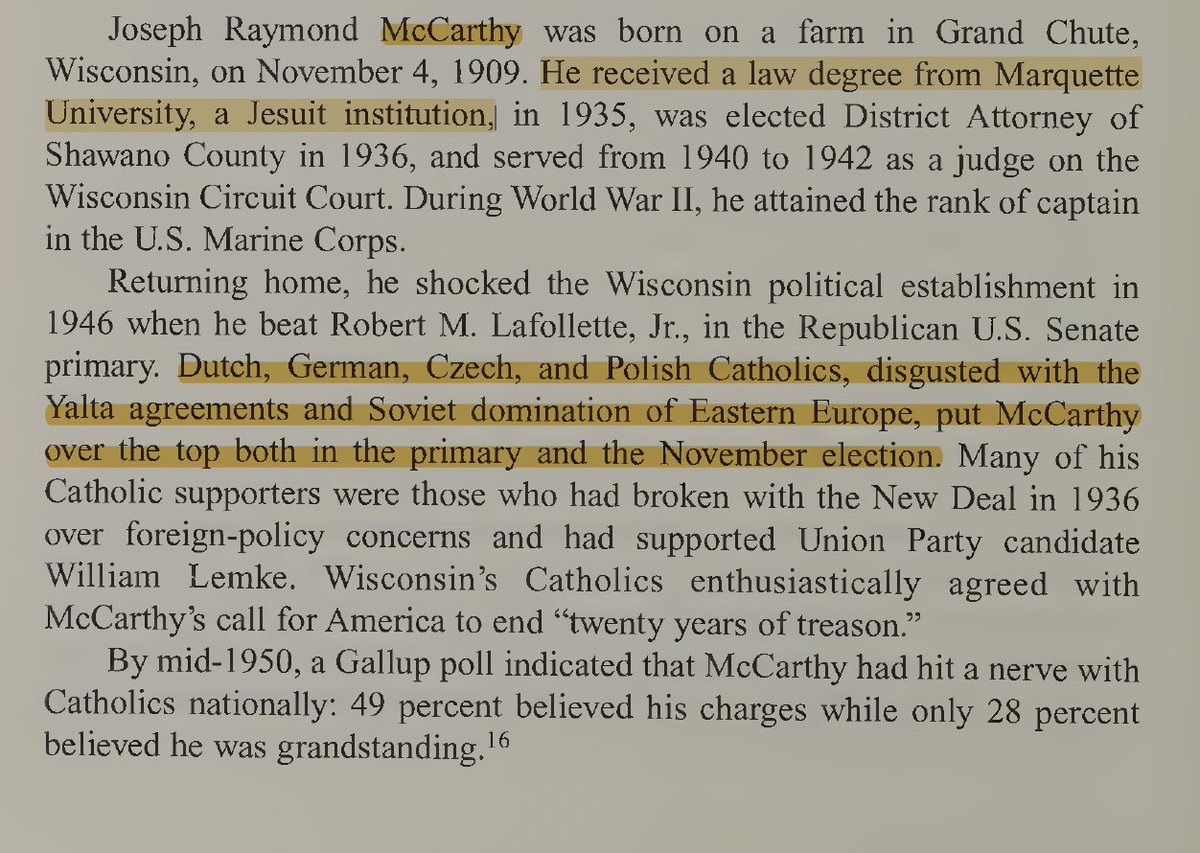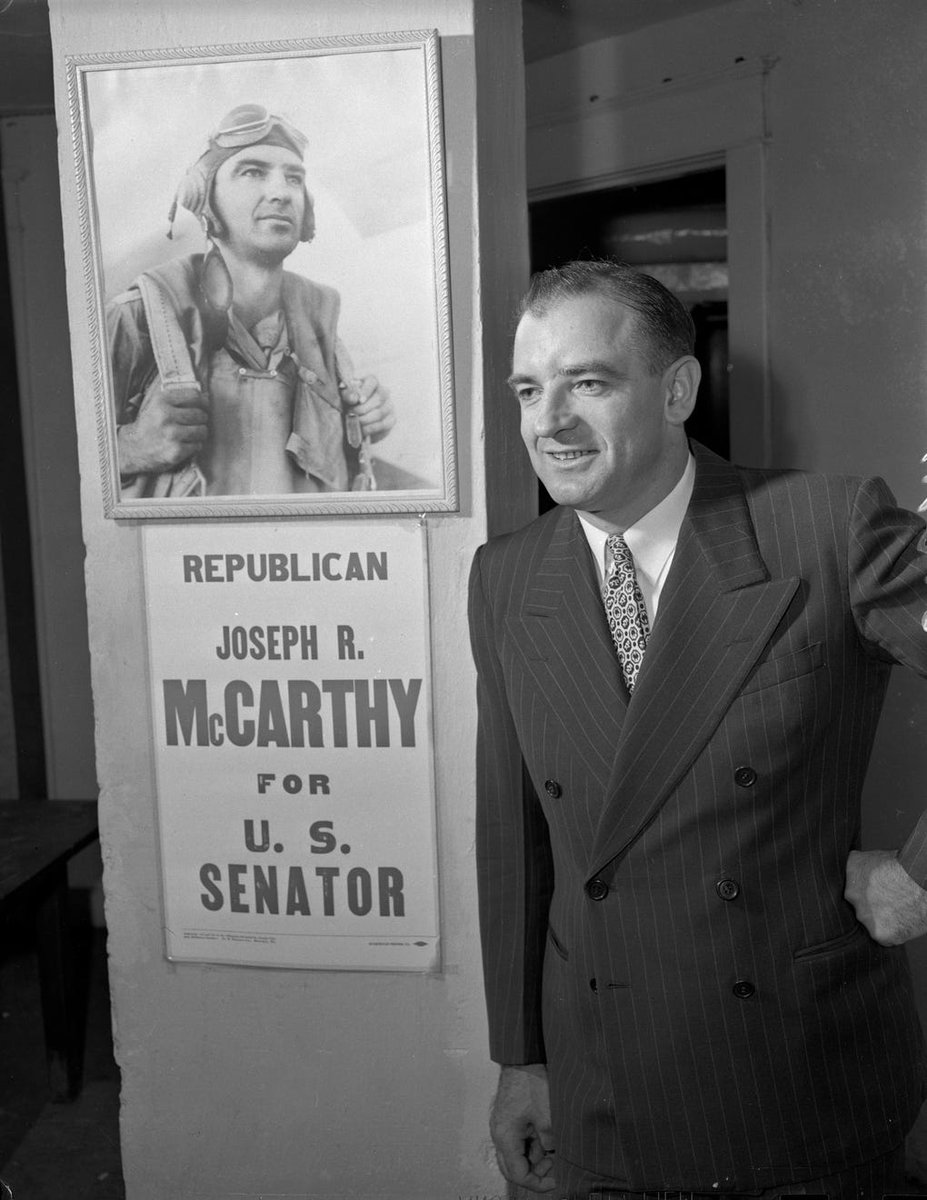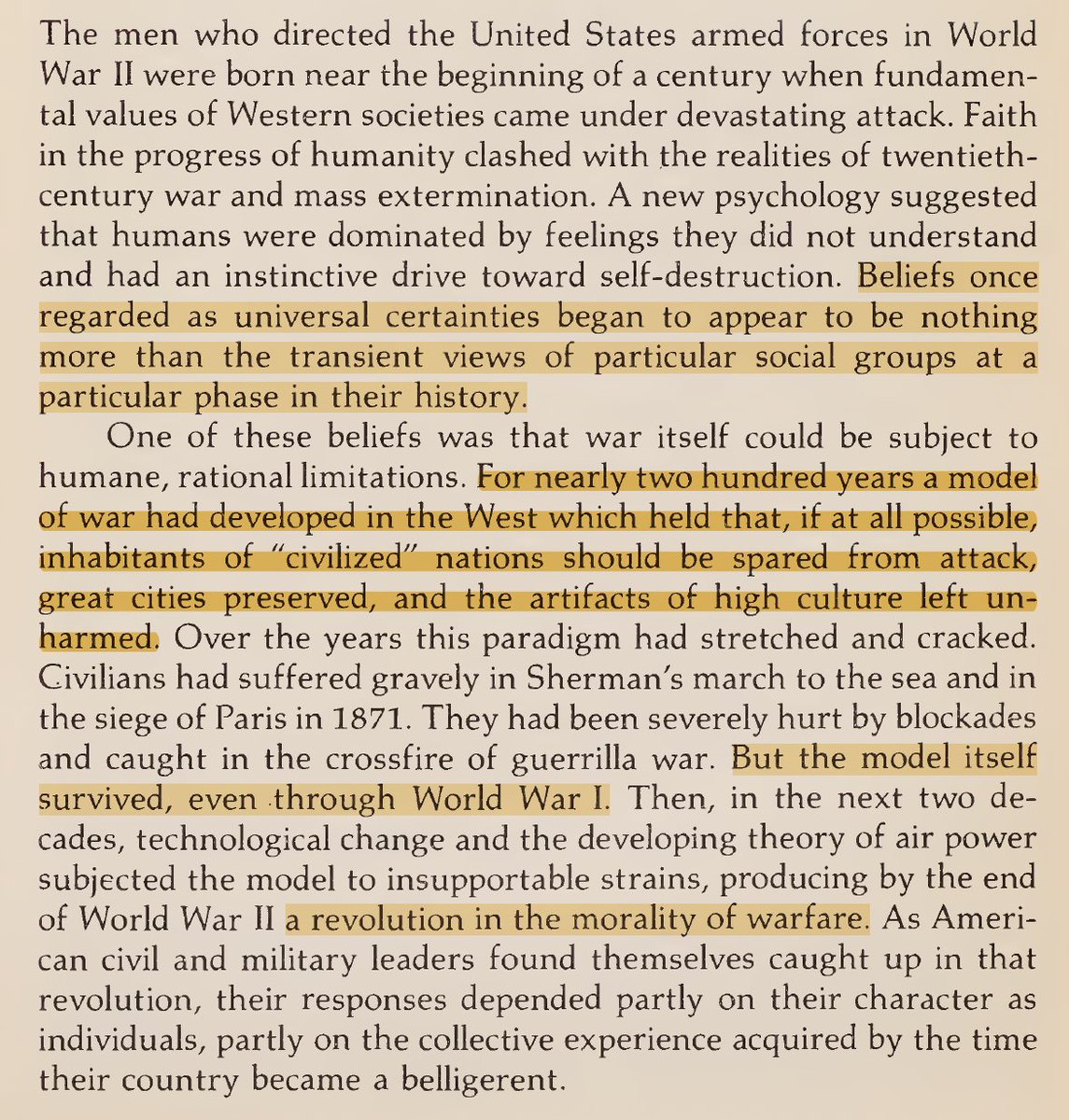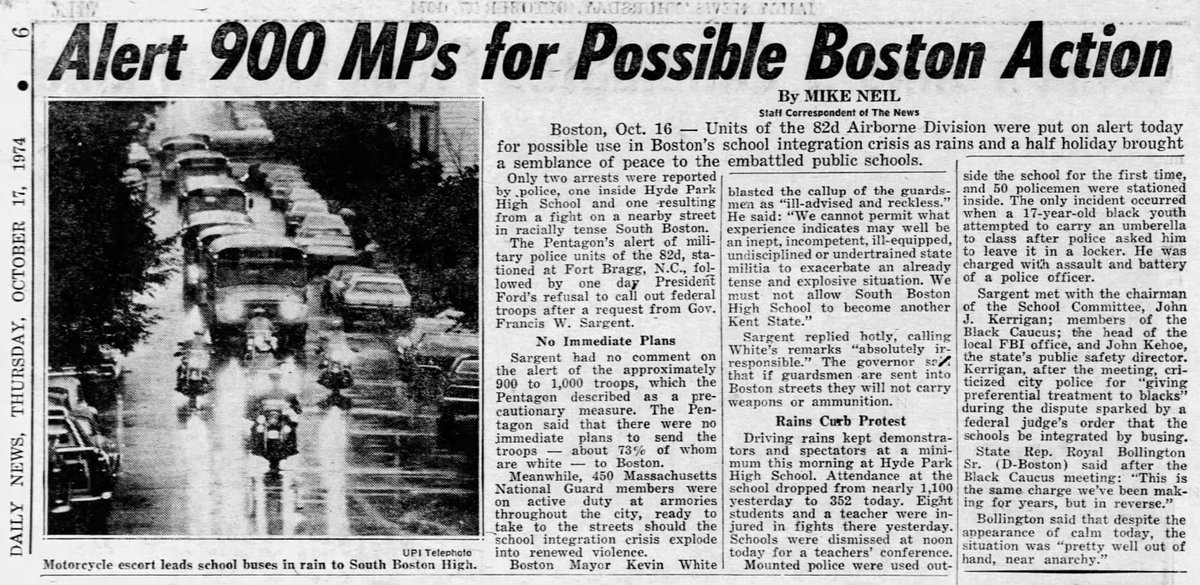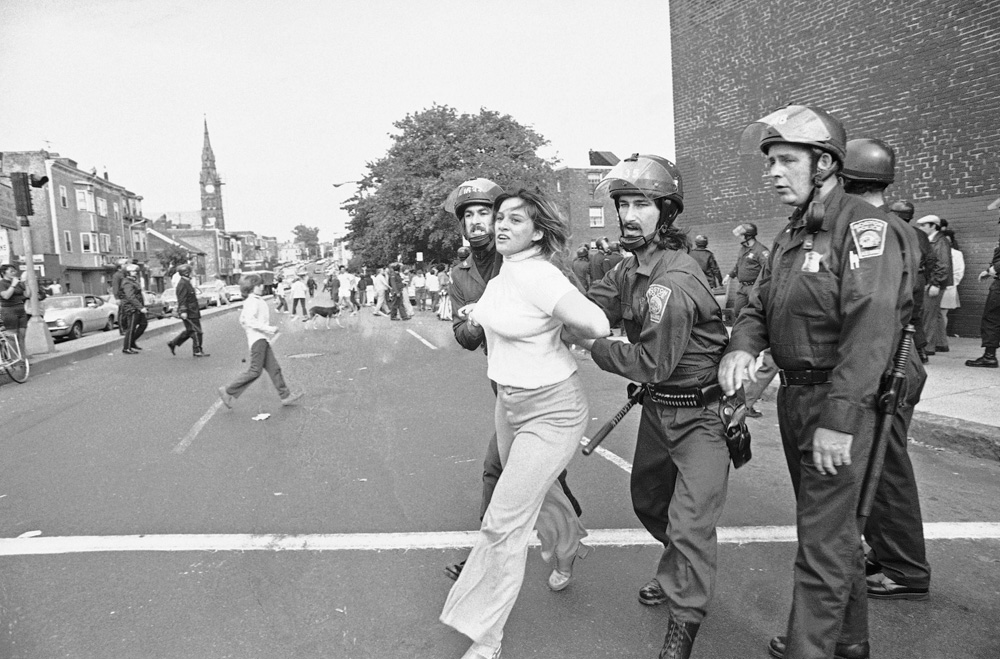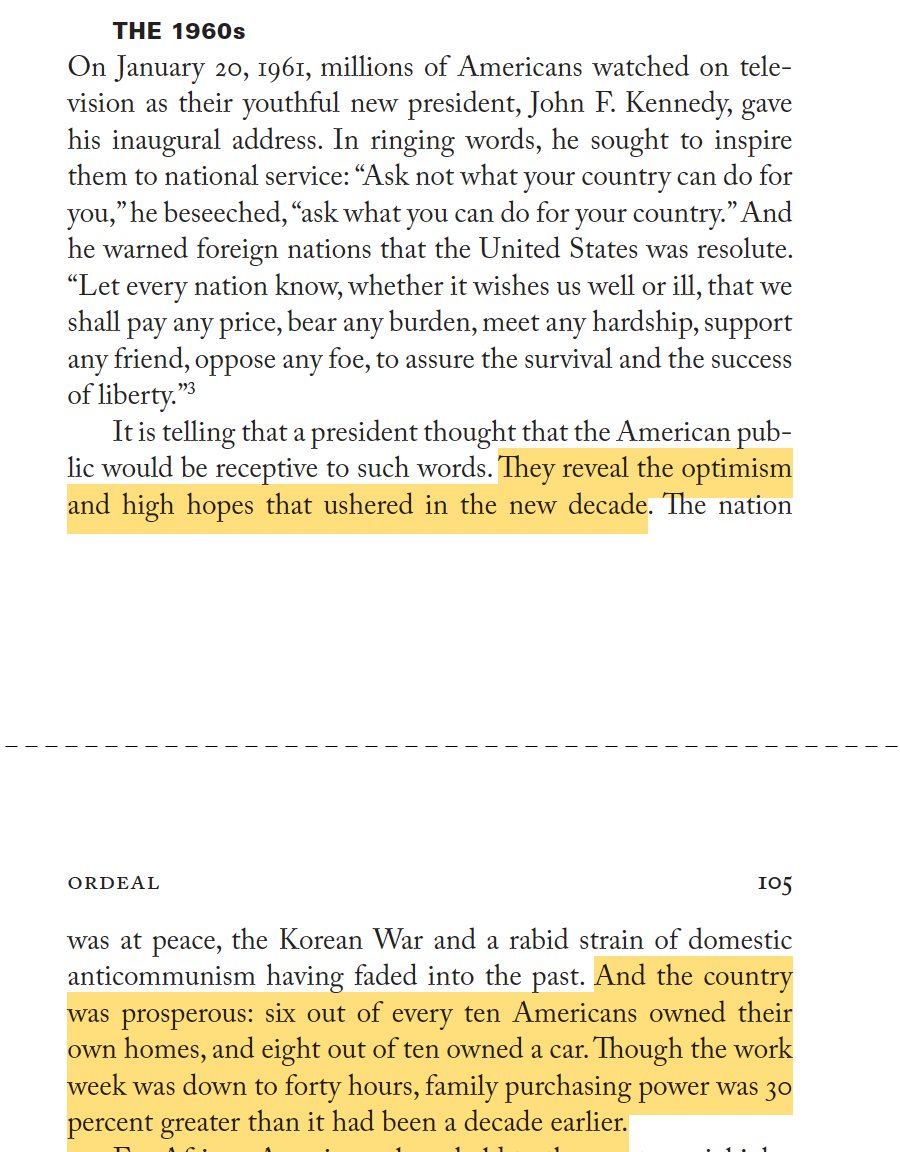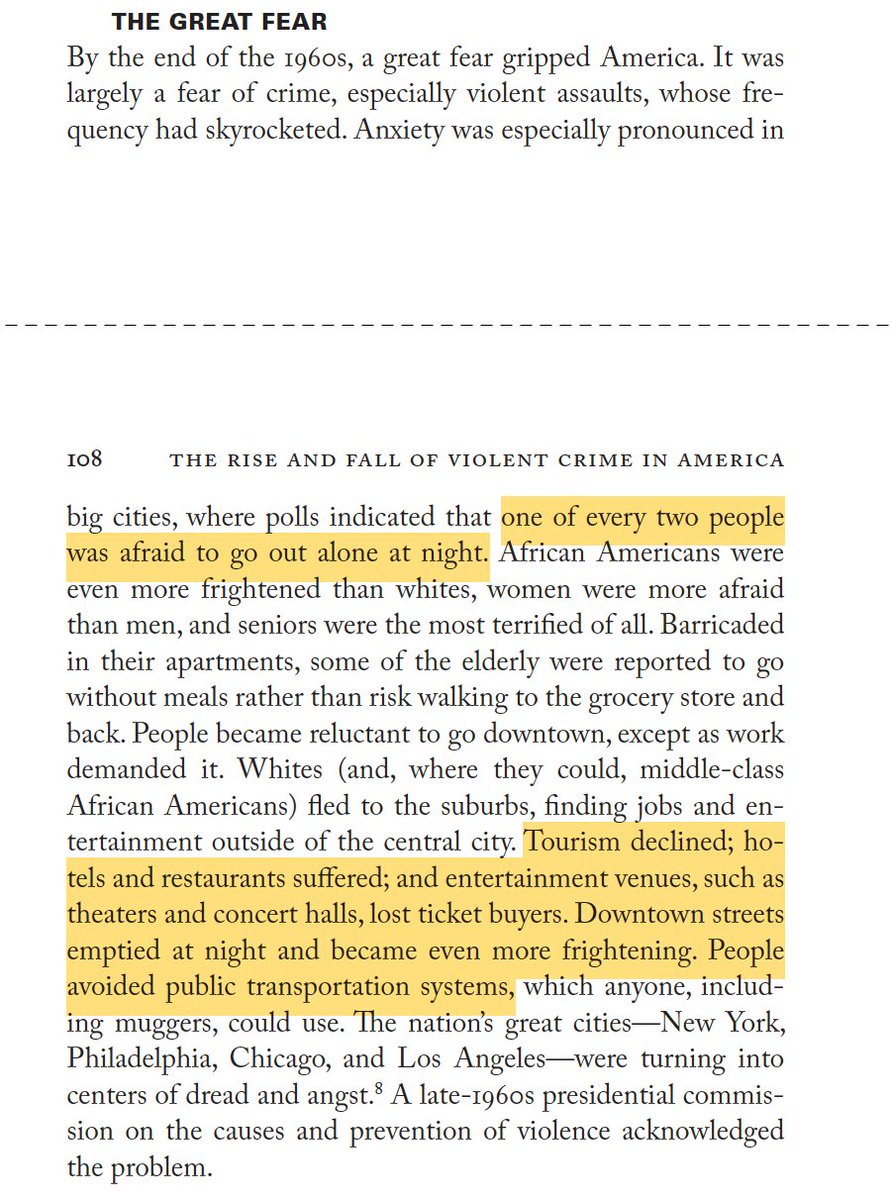The “De Mau Mau” gang terrorized the Chicago area in 1972: They murdered at least nine Whites - Including with home-invasions that drew comparisons to the Manson Family murders. 🧵/20




The origins of broader “Mau Mau” movement are somewhat murky. But it seems clear that several of the Chicago Mau Mau killers were disgruntled Vietnam veterans. This included Marines Ruben Taylor, Michael Clark, and Nathanial Burse.
2/20


2/20


Several of the Chicago Mau Maus met at Malcom X College. They managed to get expelled for intimidating and beating up teachers and fellow students.
3/20
3/20

The first known Mau Mau victim was Michael Gerchenson, a 19-year-old student at Southern Illinois University. On May 3, 1972 the Mau Maus needed a car – So they car-jacked Gerchenson, shot him, and dumped his body in the woods.
4/20


4/20


On June 20, 1972 16-year-old Kathleen Fiene was gunned-down in the street, a block from her home. A 16-year-old Black male was arrested. He told the police he had killed Kathleen “just to burn whitey.” Later, ballistic evidence would tie Kathleen's murder to the Mau Maus.
5/20



5/20


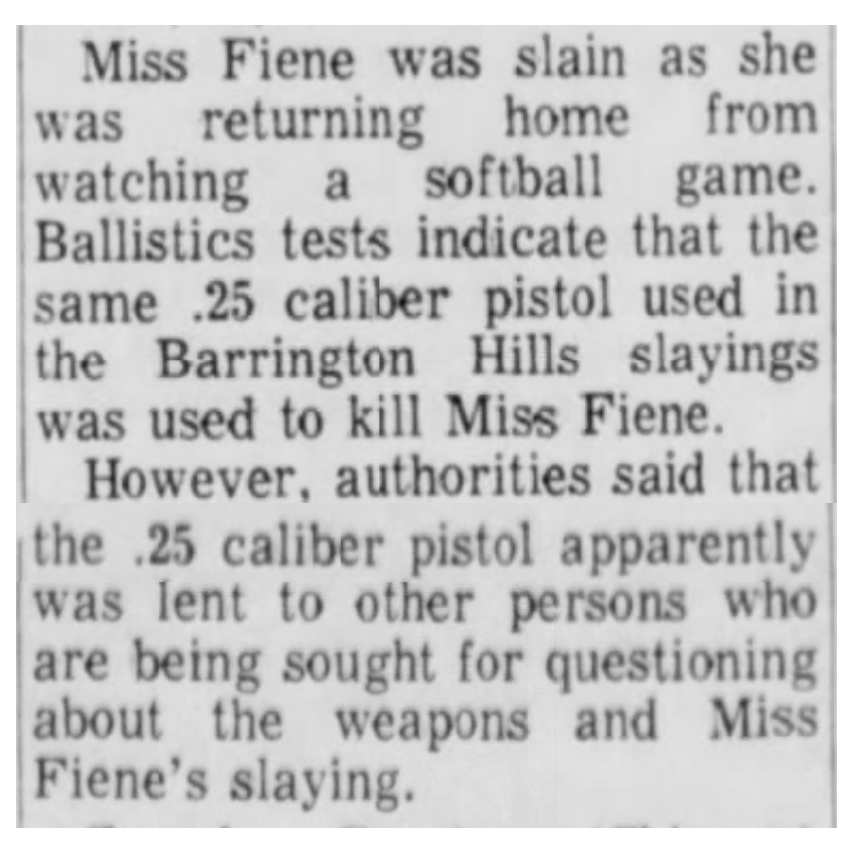
An informant would later tell police that the purpose of the Mau Maus was to commit crimes against Whites in the suburbs, instead of against Blacks in the city. If that was their goal, they accomplished it in spades in on the night of August 4, 1972.
6/20
6/20

On that night the Taylor bothers, with Clark and Burse, drove from a housing project on the south side of Chicago to the up-scale community of Barrington Hills approximately 45 miles away. There they invaded the home of Paul Corbett, a wealthy retiree.
7/20
7/20

As the Mau Mau's held Corbett’s family at gunpoint, the family’s barking dachshund annoyed Don Taylor. He hurled his knife at dog. When Barbara Bond angrily objected, Ruben Taylor shot her dead. Don then proceeded to execute the rest of the family with shots to the head.
8/20



8/20



The Mau Maus struck again about a month later. One of the gang came up with the idea of getting money by robbing truck drivers parked on the shoulders of expressways in the Chicago area.
9/20
9/20

Around 3:00 AM on September 2 1972, by the Edens Expressway in Lake County, the Mau Maus shot and killed William Richter, a soldier home on leave. They attempted to rob and kill of James Davis, but he managed to escape.
10/20




10/20




The next night the Mau Maus invaded the home of another White family, and again slaughtered everyone inside. Donald Taylor, who had led the massacre at Barrington Hills was the gunman – “We took them to the basement and I just shot away” he later told police.
11/20




11/20




The following month, the police caught up with the Mau Maus. Detectives had been aided by informants, and by a plethora of ballistic evidence. And the Mau Maus then made life even easier for the prosecutors by making several confessions to the police.
12/20
12/20

The story took another shocking turn on June 13 1973, when Burse and Moran were murdered in their prison cell. The two had been strangled to death by their fellow Mau Maus.
14/20


14/20


The Mau Mau defendants had been allowed to room together (at defense request) so that they could cooperate in preparing for trial. But apparently the other Mau Maus were worried that Burse and Moran had been talking too much to the prosecutors.
15/20


15/20


The remaining four Mau Maus were tried for the murders of Burse and Moran. They were acquitted – there were no witnesses.
16/20
16/20

The remaining Mau Maus were eventually found guilty on the various murder charges, and they received long prison sentences. In theory, they all should have dies behind bars. In reality several were paroled.
17/20


17/20


Darrell Peatry was been convicted of murder and armed robbery of William Richter, and attempt murder of James Davis. Peatry had been sentenced to 40 to 120 years' imprisonment for each offense. But he was paroled in 2005.
18/20
18/20

At his sentencing hearing in 1972, Michael Clark threatened the Judge, and warned “I’ll be back.” He was not wrong, but it was a long wait - Clark was paroled in 2019 at the age of 67.
19/20



19/20
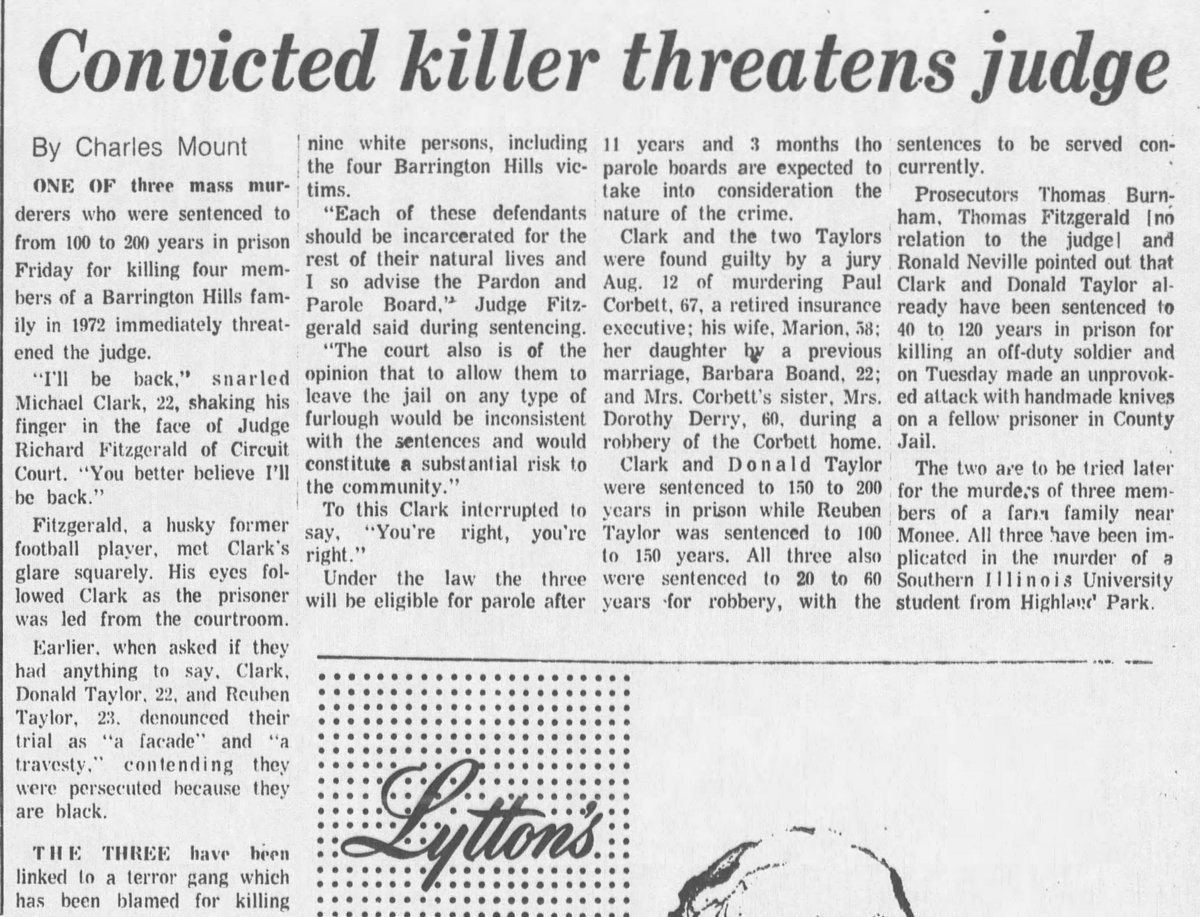
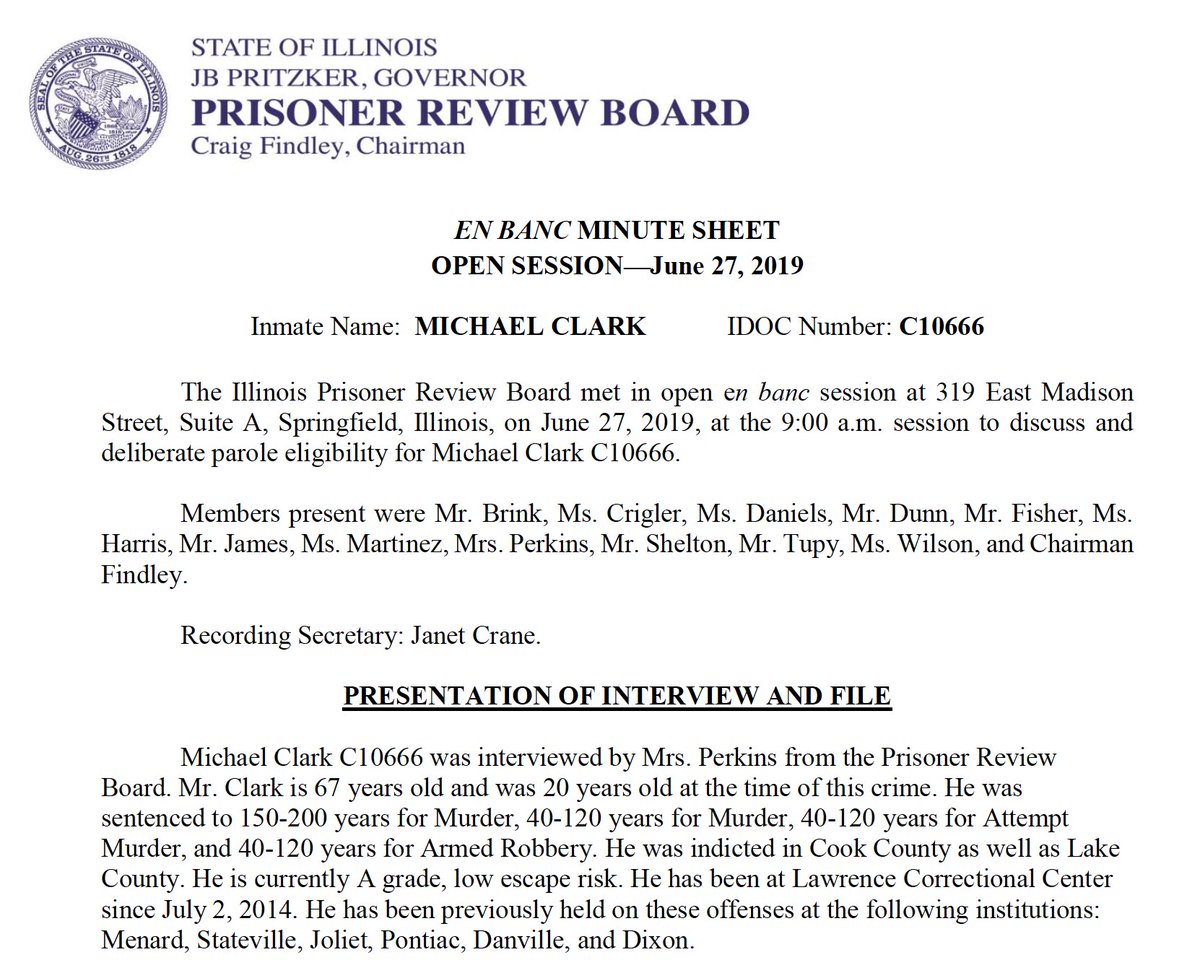
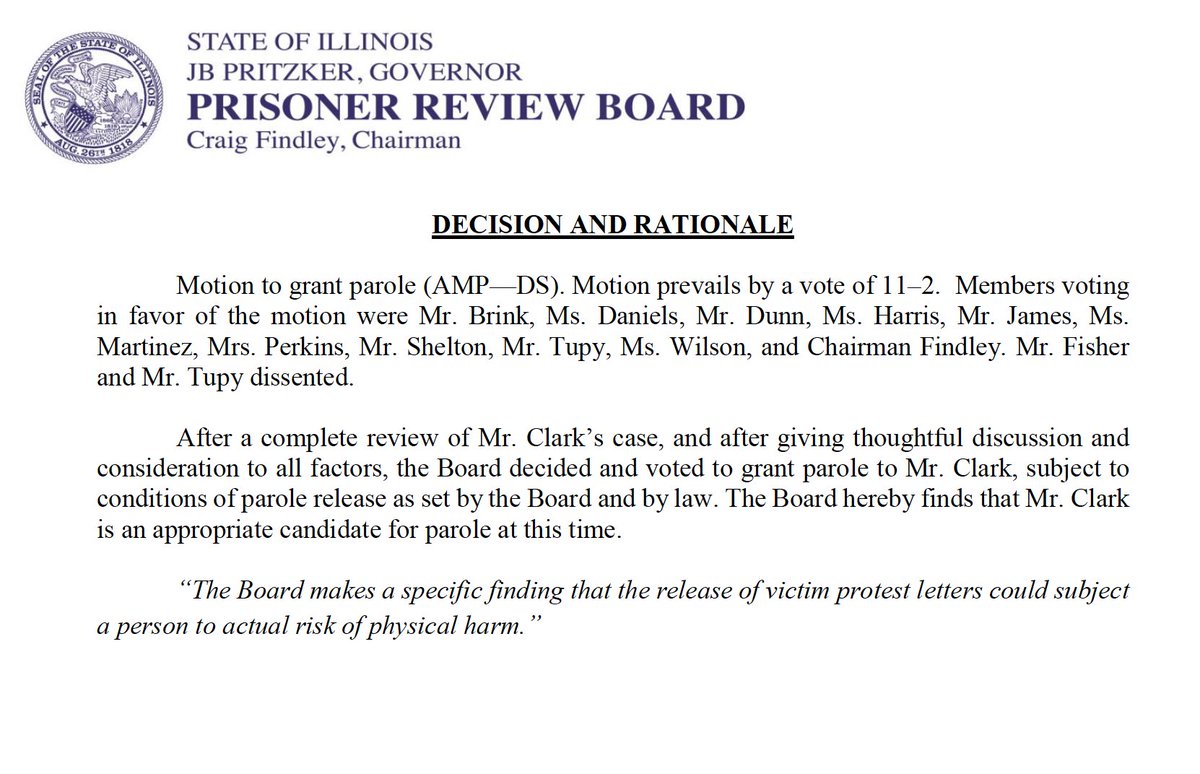
Derek Taylor – the main gunman in the deadly home invasions – died in prison in 2005. But his brother Ruben, who had helped massacre two White families, was paroled in 2019.
/fin


/fin

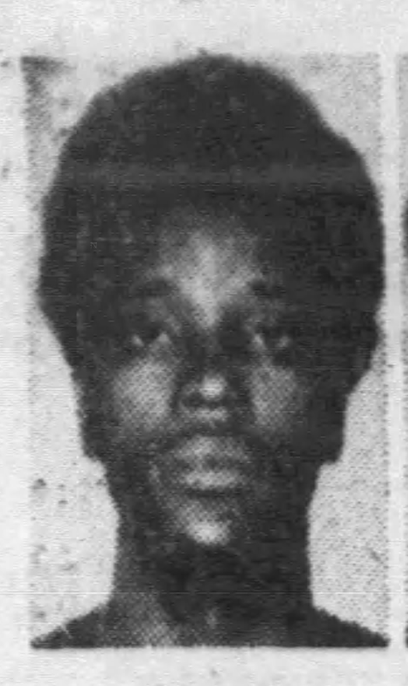
In 1973, the Boston branch of the De Mau Maus was involved in the killing of Hakim Jamal, a "Black Power" activist and con-man.
https://x.com/s_decatur/status/1687563542201827329
• • •
Missing some Tweet in this thread? You can try to
force a refresh





